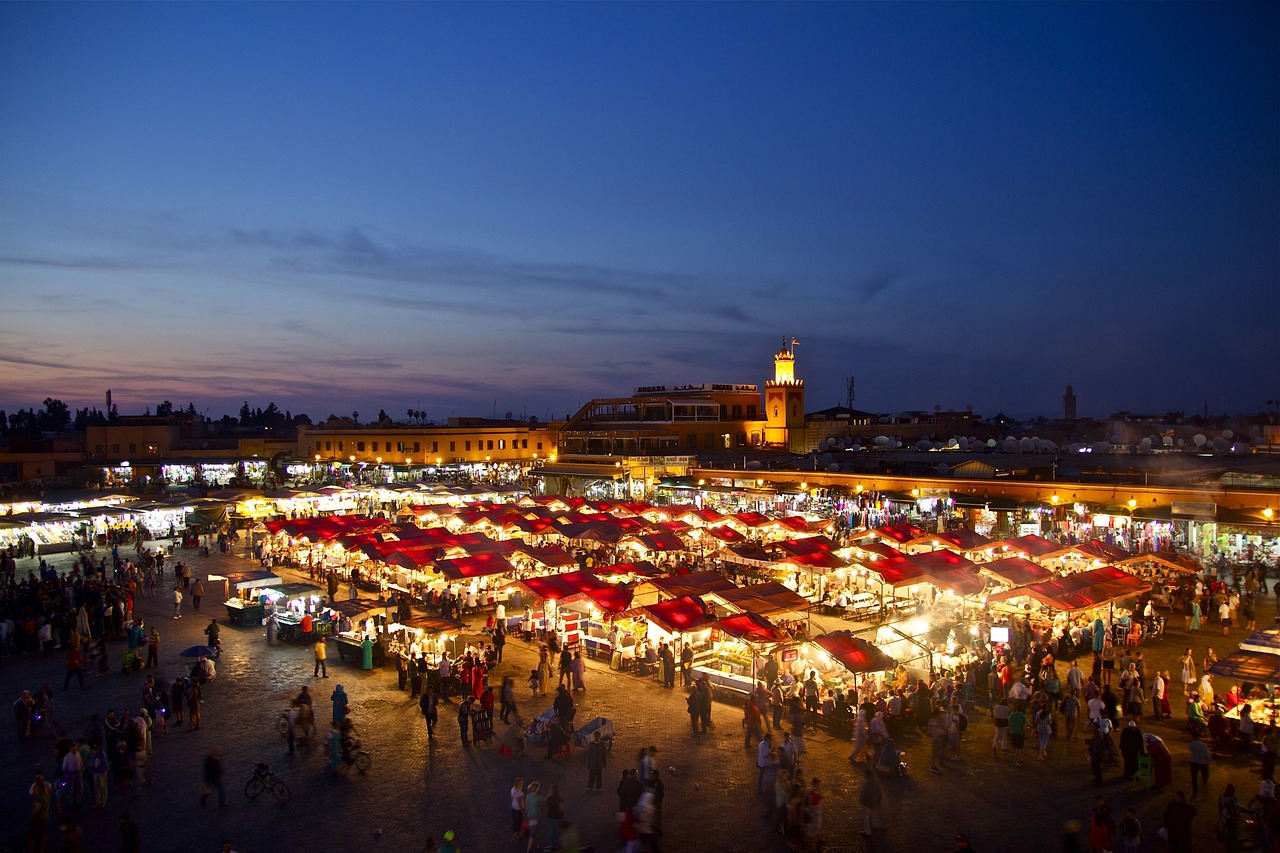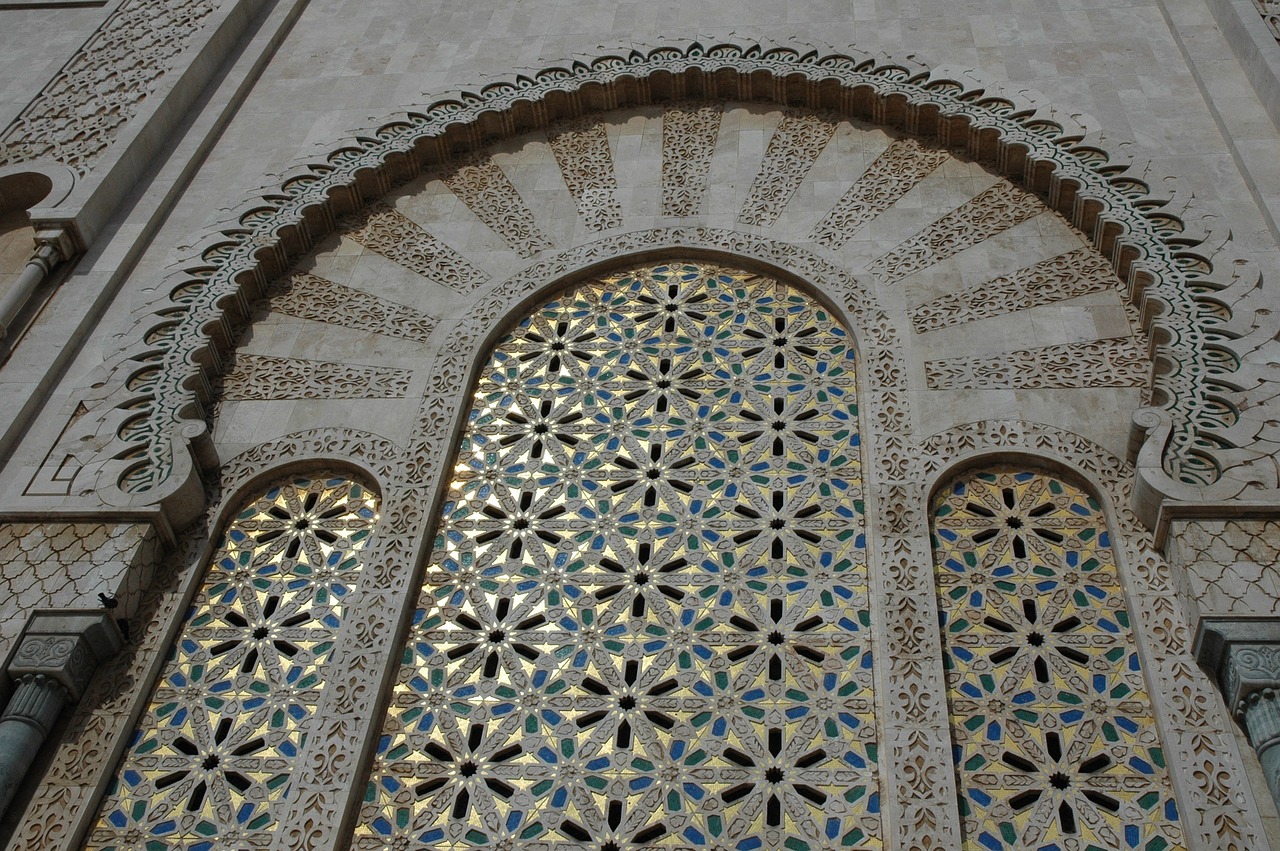Morocco Video
Cultural Etiquette: Doing Business in Morocco
Introduction
When it comes to doing business in Morocco, understanding the cultural etiquette is essential for success. Morocco is a country rich in history, tradition, and customs, and these play a significant role in business interactions. This article aims to provide a comprehensive guide to navigating the cultural intricacies of doing business in Morocco.
Business Culture
- Hierarchical Structure: Moroccan business culture is hierarchical, with clear lines of authority. It is essential to show respect to those in higher positions and follow proper protocols.
- Formalities: Business meetings in Morocco are often formal affairs. Dressing professionally, using formal language, and displaying proper manners are highly valued.
- Relationship Building: Building trust and establishing personal relationships are crucial in Moroccan business culture. Taking the time to get to know your counterparts on a personal level is essential.
- Punctuality: While punctuality is expected from foreign business partners, it is not uncommon for Moroccans to arrive slightly late. However, it is important for international visitors to be on time.
- Gift Giving: Presenting gifts is a common practice in Moroccan business culture. It is customary to bring a small gift, such as sweets or flowers, when visiting someone’s office or home.
Communication
- Language: Arabic is the official language of Morocco, but French is widely spoken in business settings. It is beneficial to have a basic understanding of both languages.
- Indirect Communication: Moroccans often communicate indirectly, relying on non-verbal cues and context. It is important to pay attention to body language and subtle hints during conversations.
- Respectful Tone: Maintaining a respectful and polite tone is crucial in Moroccan business culture. Avoid confrontational language or aggressive negotiating tactics.
- Small Talk: Engaging in small talk before getting down to business is customary in Morocco. Topics such as family, culture, and Moroccan traditions are often discussed.
- Non-Verbal Communication: Non-verbal cues, such as eye contact, handshakes, and gestures, carry significance in Moroccan business culture. Maintaining eye contact during conversations is a sign of respect.
Negotiations and Decision Making
- Patience: Negotiations in Morocco can be lengthy processes. It is essential to display patience and avoid rushing the decision-making process.
- Building Consensus: Decision making in Morocco often involves consensus-building. It is important to involve all relevant stakeholders and consider their opinions.
- Respecting Hierarchy: Decision making is hierarchical in Moroccan business culture. Final decisions are typically made by those in higher positions.
- Bargaining: Bargaining is common in Moroccan markets, but it may not be as prevalent in formal business settings. It is important to gauge the appropriateness of bargaining based on the context.
- Written Agreements: Formal written agreements are essential in Moroccan business culture. It is recommended to have all agreements documented and signed.
Business Attire
- Conservative Dress: Business attire in Morocco is generally conservative. Men should wear suits or dress pants with a shirt and tie. Women should opt for modest and professional clothing that covers the shoulders and knees.
- Traditional Clothing: In some instances, Moroccan businesspeople may wear traditional clothing, such as a djellaba or caftan. Foreigners are not expected to wear traditional attire unless attending a specific cultural event.
- Attention to Grooming: Personal grooming is important in Moroccan business culture. Ensuring neatness and cleanliness in appearance reflects professionalism and respect.
- Adapting to the Environment: It is advisable to observe the attire of local professionals and adapt accordingly. Different regions and industries may have specific dress codes.
- Accessories: Minimal and tasteful accessories are recommended in Moroccan business attire. Avoid excessive jewelry or accessories that may be seen as distracting.
Meeting and Greeting
- Handshakes: Handshakes are the most common form of greeting in Moroccan business culture. It is important to offer a firm handshake while maintaining eye contact.
- Titles and Names: Addressing individuals by their proper titles and last names is customary in Morocco. It is advisable to use the appropriate honorifics until given permission to use first names.
- Greetings and Salutations: Common greetings in Morocco include “Salam alaykum” (Peace be upon you) and “Sabah al-khair” (Good morning). Responding with the appropriate phrases, such as “Wa alaykum as-salam” (And upon you be peace) and “Sabah an-nur” (Good morning), shows respect.
- Physical Contact: Moroccan business culture may involve physical contact, such as cheek kisses between individuals of the same gender. Follow the lead of your Moroccan counterparts in these situations.
- Exchanging Business Cards: Exchanging business cards is common in Moroccan business culture. It is advisable to have one side of the card translated into French or Arabic.
Business Meetings
- Formal Setting: Business meetings in Morocco are often held in formal settings, such as offices or conference rooms. It is important to arrive well-prepared and on time.
- Agenda: Providing a detailed agenda in advance helps structure the meeting and ensures all topics are covered. Flexibility is expected, as discussions may veer off the original agenda.
- Respecting Hierarchy: Moroccan business culture follows a hierarchical structure. It is important to address the most senior person in the room first and allow them to lead the meeting.
- Active Listening: Actively listening and showing interest in the speaker is crucial in Moroccan business meetings. Avoid interrupting and allow each person to express their thoughts fully.
- Follow-up: Following up after a business meeting with a summary email or letter is considered professional and reinforces the commitment to the discussed topics.
Gift Giving
- Appropriate Gifts: When presenting gifts in Morocco, it is important to consider cultural norms. Suitable gifts include sweets, pastries, or items related to the recipient’s interests.
- Gift Wrapping: Taking the time to wrap gifts neatly with quality paper and ribbons shows thoughtfulness and respect.
- Presenting Gifts: Gifts are typically presented with both hands and a warm smile. It is customary to express gratitude and appreciation when giving and receiving gifts.
- Gifts for the Office: When visiting a Moroccan office, it is appropriate to bring a gift for the entire team, such as a box of pastries or a bouquet of flowers.
- Gifts for Hosts: If invited to someone’s home, it is customary to bring a small gift for the host, such as a box of chocolates or a bottle of wine.
Conclusion
Doing business in Morocco requires a deep understanding and respect for the country’s cultural etiquette. By familiarizing oneself with the hierarchical structure, communication styles, and business customs, individuals can navigate the Moroccan business landscape successfully. Building strong relationships, maintaining professionalism, and displaying cultural sensitivity are key to establishing fruitful business partnerships in Morocco.
Morocco Image 1:

Morocco Image 2:

Morocco Image 3:

References
- moroccoworldnews.com
- cia.gov
- morocco.com
- worldtravelguide.net
- businessculture.org


